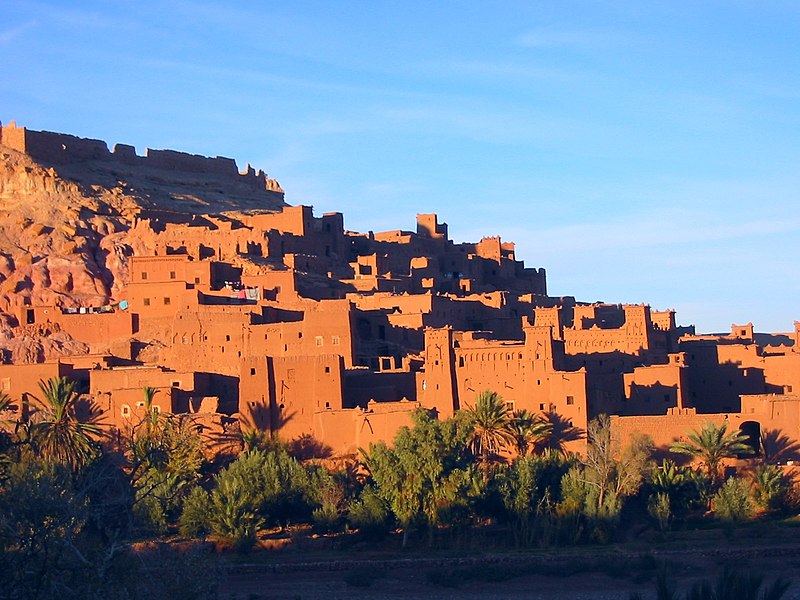Difference between revisions of "Morocco and the Hague Convention"
(Created page with "{{#eimage:http://upload.wikimedia.org/wikipedia/commons/thumb/2/2a/Kasbahs_in_A%C3%AFt_Benhaddou.JPG/800px-Kasbahs_in_A%C3%AFt_Benhaddou.JPG|410x579px|thumb|'''The Kasbah of A...") |
(No difference)
|
Revision as of 22:13, 23 February 2015
Morocco is not party to the Hague Convention on Protection of Children and Co-operation in Respect of Intercountry Adoption (Hague Adoption Convention). Intercountry adoptions of children from non-Hague countries are processed in accordance with 8 Code of Federal Regulations, Section 204.3 as it relates to orphans as defined under the Immigration and Nationality Act, Section 101(b)(1)(F).
IMPORTANT NOTICE FOR ADOPTIVE PARENTS: Although this website uses the term "adoption" throughout, prospective adoptive parents considering adopting a Moroccan child should be aware that Moroccan law and process provide for a custody/guardianship certificate issued for the purpose of the child’s immigration and adoption. In Morocco, this guardianship is referred to as "Kafala" and is awarded by a Moroccan court. Under these circumstances, an eligible child will be issued a category IR-4 immigrant visa, and will need to fulfill certain requirements, including the child’s adoption after arrival in the United States, before the child may acquire U.S. citizenship under the Child Citizenship Act of 2000.
U.S. IMMIGRATION REQUIREMENTS FOR INTERCOUNTRY ADOPTIONS
To bring a guardian child to the United States for adoption from Morocco, you must meet eligibility and suitability requirements. The U.S. Department of Homeland Security, U.S. Citizenship and Immigration Services (USCIS) determines who can adopt under U.S. immigration law.
Additionally, a child must meet the definition of orphan under U.S. immigration law in order to be eligible to immigrate to the United States on an IR-4 immigrant visa.
Back to Adopting from Morocco
